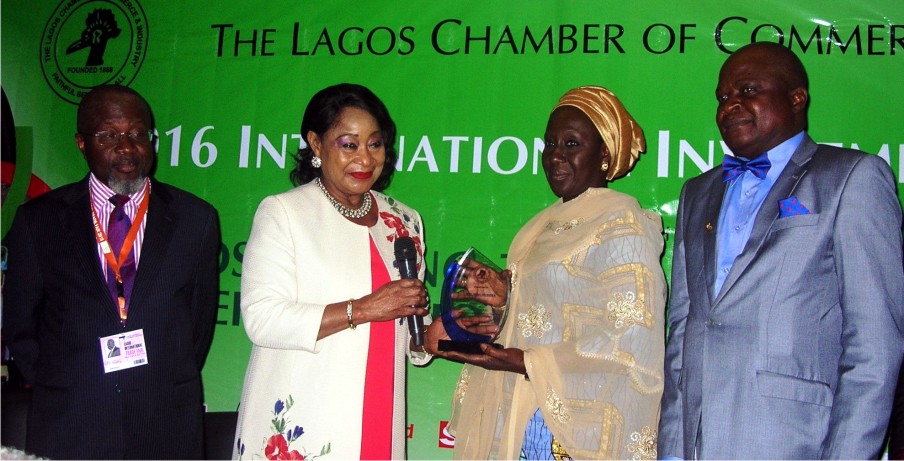Business
Ex-ANAN Boss Seeks TSA Operations Review

A financial expert, Dr Samuel Nzekwe, has advised the Federal Government to review the Treasury Single Account (TSA) by allowing Ministries, Developments and Agencies (MDAs) to operate functional accounts with deposit money banks in the country.
The review, he said, became imperative to address some “hitches” in the effective running of TSA and to revive the economy.
Nzekwe, a former President of the Association of National Accountants of Nigeria (ANAN), gave the advice in an interview with newsmen on Saturday in Ota, Ogun.
Bowing to President Muhammadu Buhari-led administration’s directive, in February 2016, the Central Bank of Nigeria had issued a circular directing all deposit money banks to implement the Remita e-Collection Platform. The Remita e-Collection is a technology platform deployed by the Federal Government to support the collection and remittance of all government revenues into a Consolidated Account domiciled with the CBN.
This development kicked off the full implementation of Treasury Single Account system in Nigeria.
Section 80 (1) of the 1999 Constitution as amended states “All revenues, or other moneys raised or received by the Federation (not being revenues or other moneys payable under this Constitution or any Act of the National Assembly into any other public fund of the Federation established for a specific purpose) shall be paid into and form one Consolidated Revenue Fund of the Federation.”
However, successive governments had operated multiple accounts for the collection and spending of government revenues in flagrant disregard to the provision of the constitution which requires that all government revenues be remitted into a single account.
According to Nzekwe, such accounts of the MDAs should be funded by the monthly and quarterly allocations of the CBN based on the agencies’ budgets submitted to the Federal Government.
“A situation where contractors and others payments were done only by the CBN is count-productive to the economy.
“This creates bottlenecks in the release of funds into the system and strangulate the operations of the government since the government is the biggest spender in any economy. “the Ex-ANAN boss said.
The CBN, he said, should make it mandatory for ministries, agencies and departments to submit their monthly and quarterly returns so that the apex bank could audit their accounts.
“If they failed to submit their returns on how monies given to them were spent, the CBN should stop releasing money to them until they submit their monthly or quarterly returns.”
Transport
Automated Points Concession : FAAN Workers Gave 72hrs To Revise Decisions In PH

Transport
FAAN Announces Pick-Up Points for Go-Cashless Cards

Business
Fidelity Bank To Empower Women With Sustainable Entrepreneurship Skills, HAP2.0
-
Politics2 days ago
2027: NIGERIANS FAULT INEC ON DIGITAL MEMBERSHIP REGISTER DIRECTIVE
-

 Environment3 days ago
Environment3 days agoLAWMA Director Says Sweeping Reforms Have Improved Waste Collection
-
Politics2 days ago
LP Crisis: Ex-NWC Member Dumps Dumps Abure Faction
-

 Politics2 days ago
Politics2 days agoUmahi Dismisses Allegations On Social Media, Insists On Projects Delivery
-

 Sports2 days ago
Sports2 days agoAbia Not Sure To Secure continental Ticket
-
Sports2 days ago
La Liga: Yamal Records First Career Hat-trick
-
Politics2 days ago
NATASHA ELECTRIC VEHICLES INITIATIVE IN KOGI CENTRAL
-
Politics2 days ago
IT’S A LIE, G-5 GOVS DIDN’T WIN ELECTION FOR TINUBU – SOWUNMI

